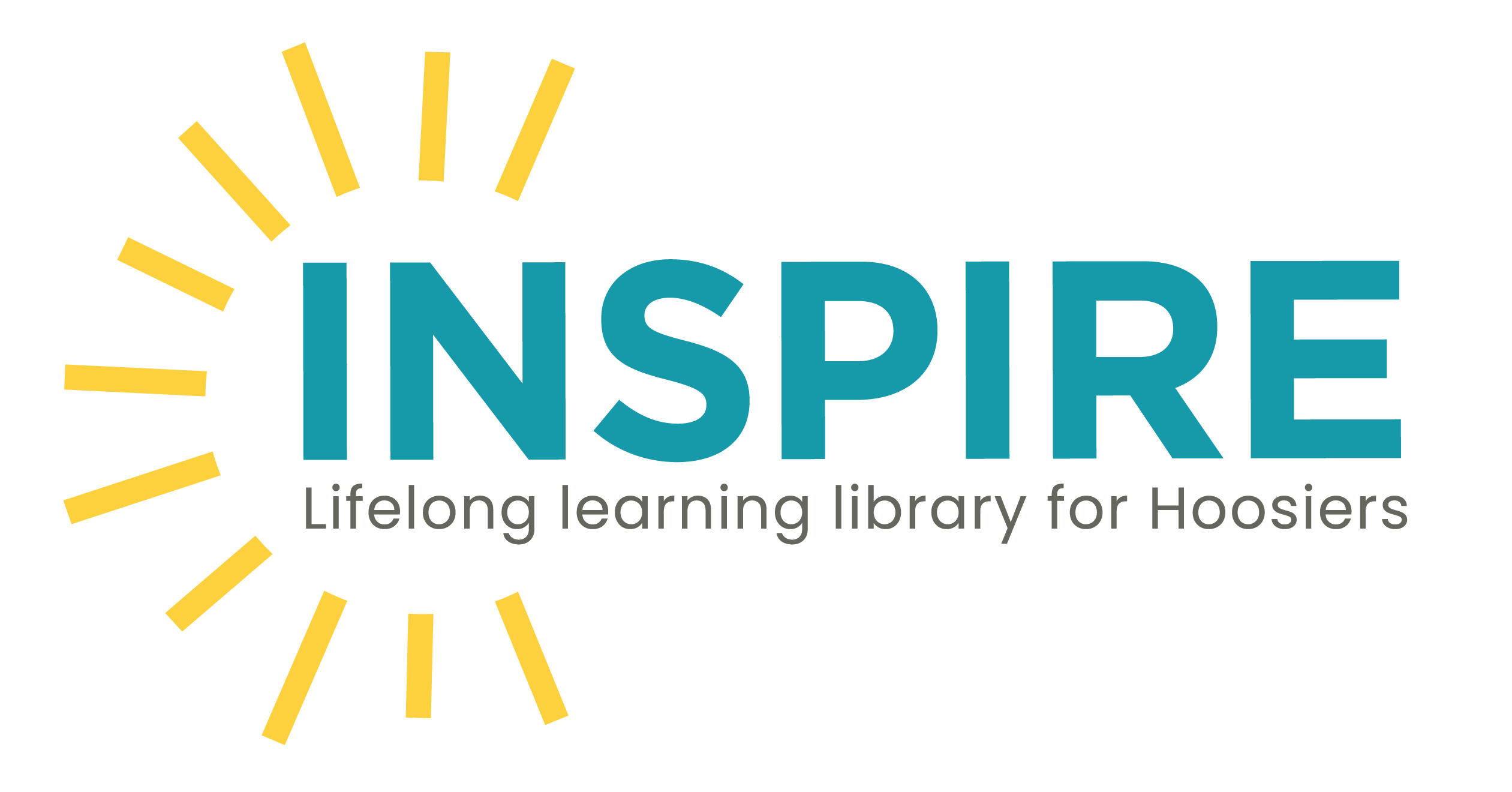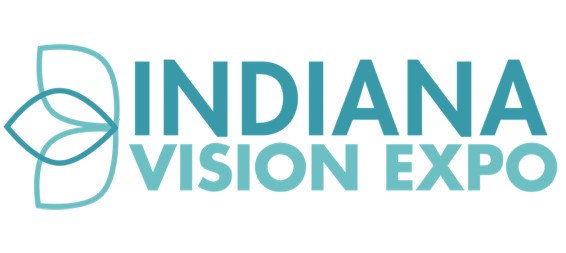As a state agency, the Indiana State Library must follow state procurement rules whenever making a purchase or entering into a contract for goods or services. This is to encourage fair purchasing practices, while also helping keep costs low for the state. Some services that we regularly need bids for include:
- InfoExpress courier service – We need a company that can handle the logistics of book delivery between nearly 400 library locations statewide.
- INSPIRE – We need a suite of databases that can be accessed by all Hoosiers at any time of day, from any location within the state.
- SRCS – We need a low-cost, unmediated service that can be used by patrons or library staff to request books from other library locations.
Whenever a new contract is needed, or a current contract is drawing near its expiration, the state library’s administration team reaches out to the Indiana Department of Administration, who initiates and guides the process. An IDOA employee is assigned to the project as a procurement specialist, and serves as a liaison between the library and potential bidders; ensuring a fair and neutral process without undue influence on library staff. The Indiana State Library also forms a team of reviewers and advisors, who may be from the library or other Indiana libraries. The team drafts an initial proposal that describes exactly what is needed and under what terms.
 The state may post an RFP, a request for proposal; an RFQ, a request for quotation; or even an RFS, a request for services, depending on the type of contract and dollar amount involved.
The state may post an RFP, a request for proposal; an RFQ, a request for quotation; or even an RFS, a request for services, depending on the type of contract and dollar amount involved.
At the beginning of the bidding process, a request for bids is posted to IDOA’s website. This is an invitation for all interested vendors to respond with information and a quote. These responses are compiled and reviewed by IDOA and then shared with the library’s team of reviewers and advisors. The reviewers complete a scorecard where they provide numerical scores and written comments over various aspects of the bid. The evaluation team may ask clarifying questions about the bids, and the bidders may be invited to make presentations demonstrating their product or service.
 At the end of the process, IDOA collects all of the evaluations, tallies their scores, and puts them in preference order. To encourage supplier diversity, some additional scoring points are given to minority, women, or veteran-owned businesses. Vendors may be given one last chance to provide their BAFO, their best and final offer. Preference is typically given to the lowest-cost responsive bid. At that time, an award letter is written and sent to the winning bidder, and the other bidders are notified of the decision. Bidders may appeal if they believe a mistake was made. Finally, an announcement is shared with Indiana library staff that a new or improved service is available.
At the end of the process, IDOA collects all of the evaluations, tallies their scores, and puts them in preference order. To encourage supplier diversity, some additional scoring points are given to minority, women, or veteran-owned businesses. Vendors may be given one last chance to provide their BAFO, their best and final offer. Preference is typically given to the lowest-cost responsive bid. At that time, an award letter is written and sent to the winning bidder, and the other bidders are notified of the decision. Bidders may appeal if they believe a mistake was made. Finally, an announcement is shared with Indiana library staff that a new or improved service is available.
This blog post was written by Jen Clifton, Library Development Office.

